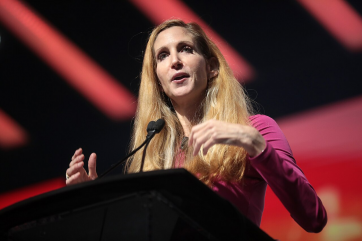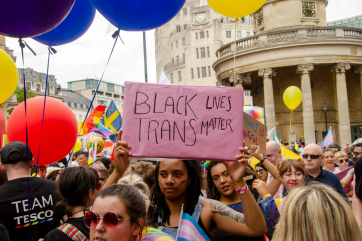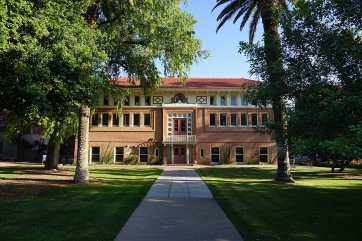Mental Health Awareness the Goal of the University of Michigan's Athletes Connected
By Russell WesterholmIt was after a football practice one day that Will Heininger first let anyone know he was depressed.
His interaction with a team athletic trainer that day led him to seek help, but it was Aug. and the 19-year-old defensive lineman had been harboring a secret all summer. Will made the University of Michigan football team as a walk-on, but earned a scholarship going into his second season.
"He put his arm around me, and said 'you're going to be just fine, just come with me and we'll take care of you,'" Will, 26, told University Herald of his encounter with the athletic trainer. "He walked me inside Schembechler Hall and into a woman named Barb Hansen's office."
Kally Fayhee, now 23, told University Herald she first noticed she was losing sleep sometime during her junior year at Michigan. The captain of the swimming team at the time, Kally would later identify what she was going through as bulimia.
Her grades did not suffer, but that only made hiding her condition easier.
"You can struggle internally with an eating disorder without anyone knowing and that's the terrifying part of it," Kally said.
College students are entering a time in their life when they are independent for the first time, making important life decision on their own for the first time, said Dr. Daniel Eisenberg. An associate professor of health management and policy, he serves as the faculty principal investigator for Athletes Connected.
He told University Herald, "Resources tailored specifically to student-athletes [are] less common" than those provided to a student body at large.
--
Athletes Connected started as a proposal for an NCAA grant. The one Dr. Eisenberg and a team of UM Depression Center and School of Public Health drafted won the top prize. Athletes Connected recently completed its pilot phase, with the team turning in their results this past Jan.
"It does seem like the data we have so far suggests student-athletes are less likely than college students in general to access mental health services," Dr. Eisenberg said. "That's consistent with the culture of being tough and solving one's own problems and not displaying weakness."
Will was a teenager from Ann Arbor playing for the storied Wolverines football team at the time he first noticed his feelings of depression. He described it as a "medical, diagnosable condition" and he knew he was in need of treatment. Will is a full-time liaison between UM's Depression Center and the athletic department.
Kally's nine-to-five day is at Leo Burnett, a Chicago advertising agency that fully supports her work with Athletes Connected. She said she is in regular contact with the Ann Arbor team and is still able to maintain a physical presence there.
"[Athletes Connected] is the thing I'm most passionate about," she said, adding that her employer typically gives her "a day or two" every month to go to Ann Arbor.
--
Dr. Eisenberg recalled the early stages of Athletes Connected, working with Hansen and the Depression Center's Trish Meyer and Stephanie Salazar. A counselor in the athletic department, Hansen recommended Will join the team to cement what Athletes Connected was going to be about. For Will, the stars aligned. He left his job in finance in Chicago to do what he was truly passionate about.
Will is settling into day-to-day responsibilities and is able to start thinking about a graduate degree and eventually even a PhD. Both he and Kally recall these important moments where they sought help. Kally needed to give up whatever control she thought she had over her eating disorder. Will needed to understand that what he was going through was normal, that it was "not a weakness."
"The power of Athletes Connected is that it lets student athletes know they're not alone in the struggle they're facing," Kally said. "It gives them somewhere they can talk about it and truly understand what they're going through and get the resources they need."
Will recently encountered a student-athlete who said he was feeling more negative than he would like. The student-athlete was "feeling like a seven," but he wanted "to be a 10."
That is what the first step toward recovery looks like. Though it may be a "very, very long road," as Kally put it, and though "everyone is different," it starts with reaching out and seeking help.
--
(Below) Watch Will and Kally tell their stories in these documentaries from the Athletes Connected website.








